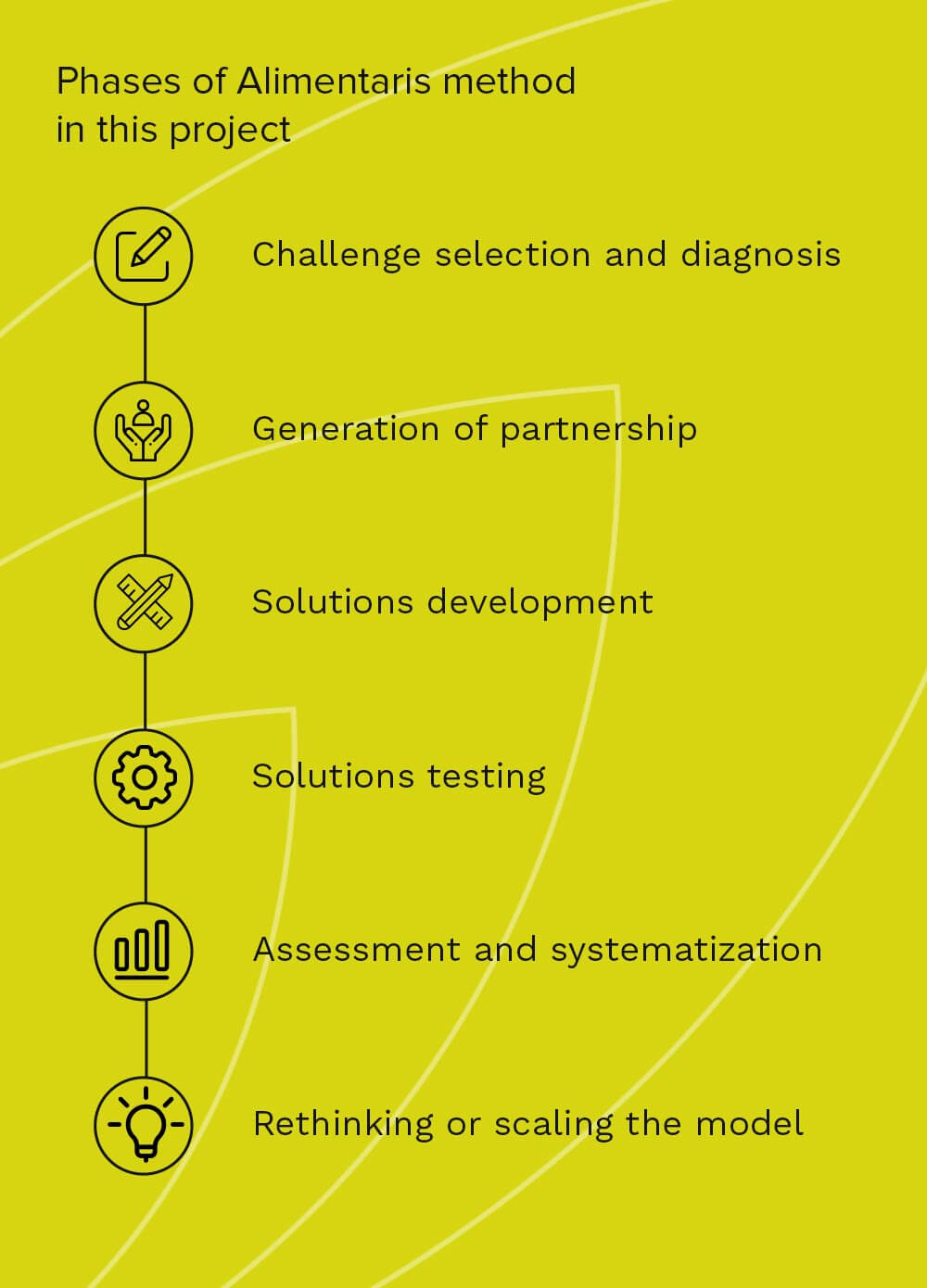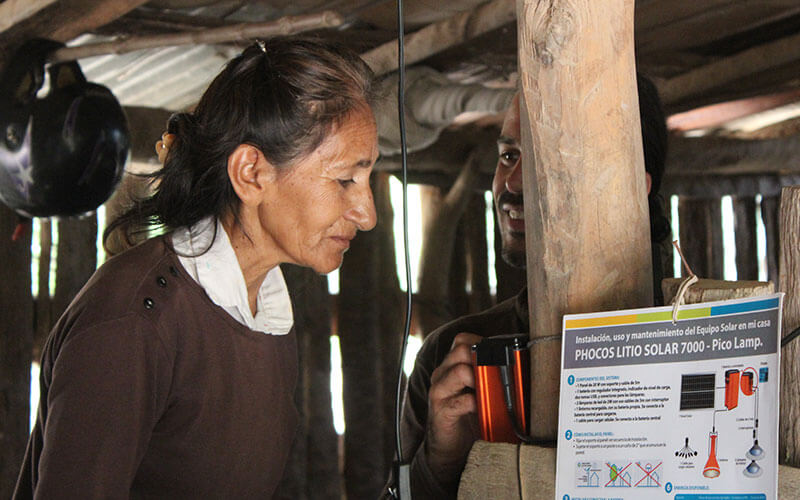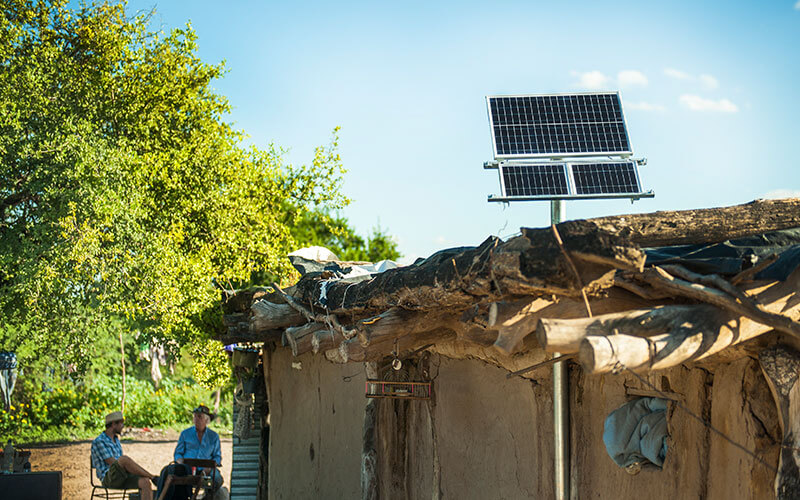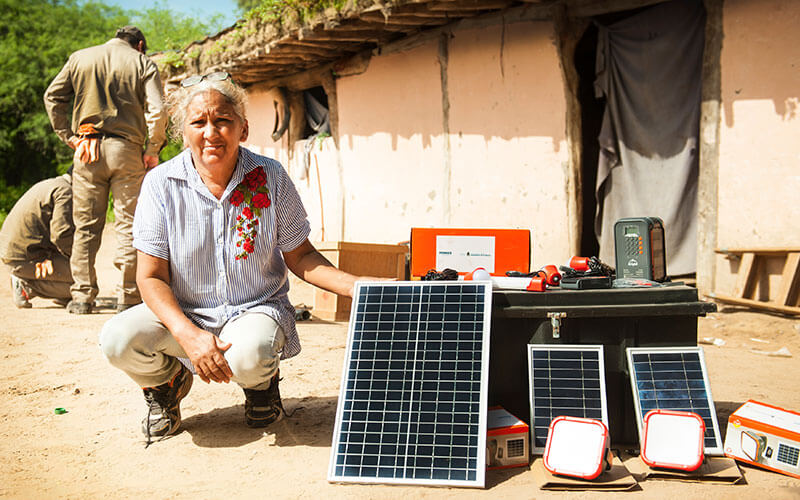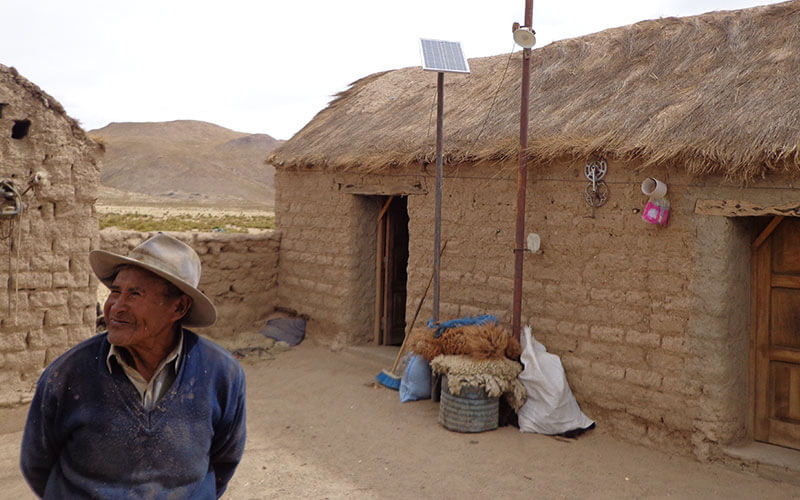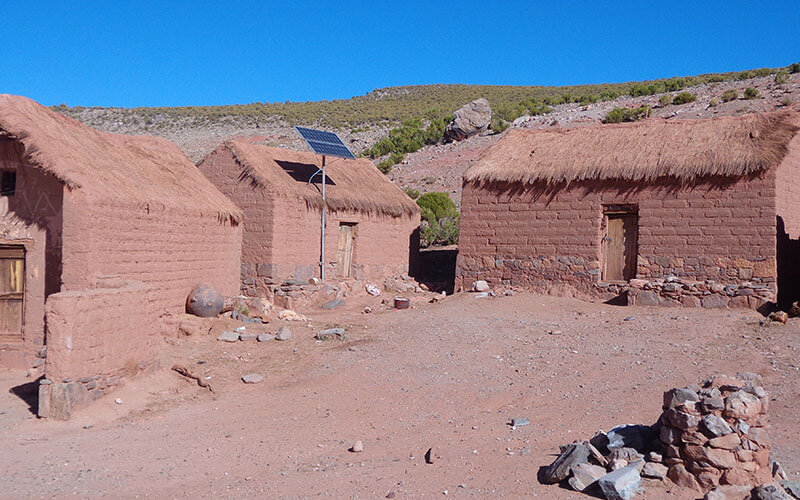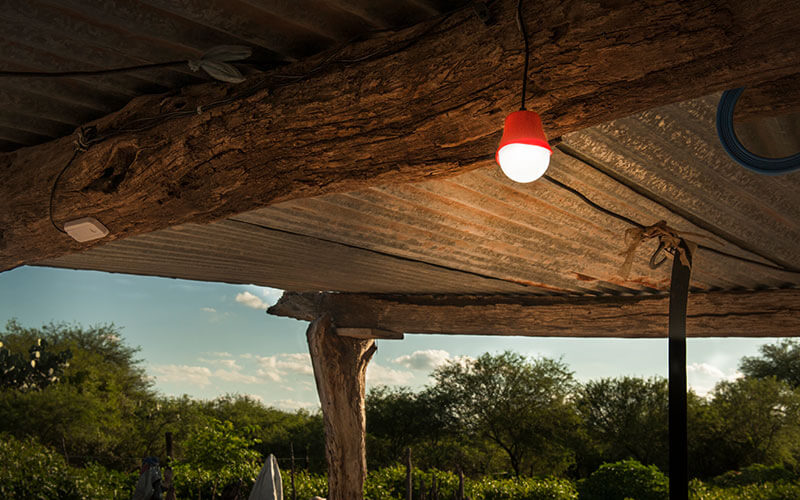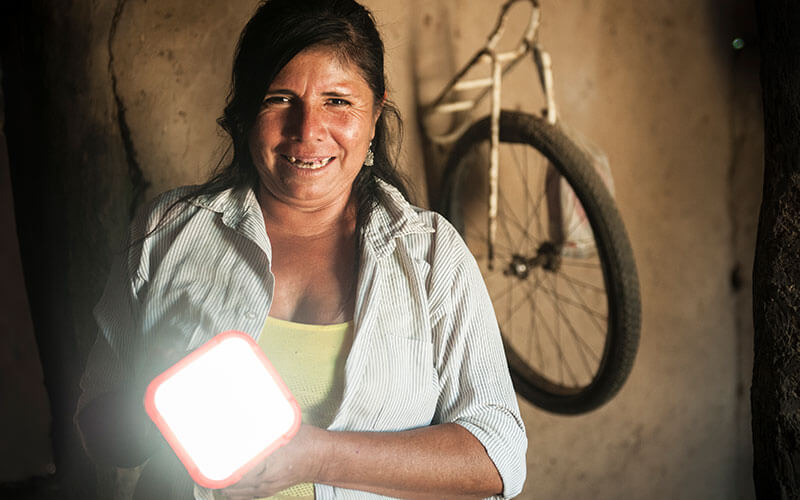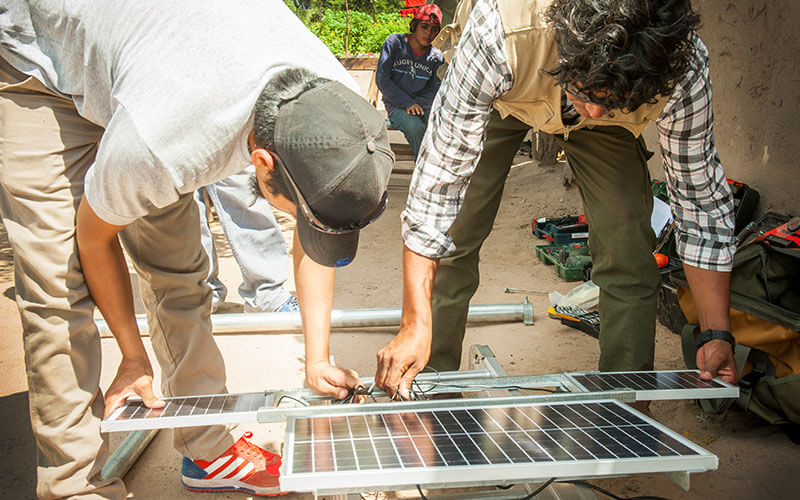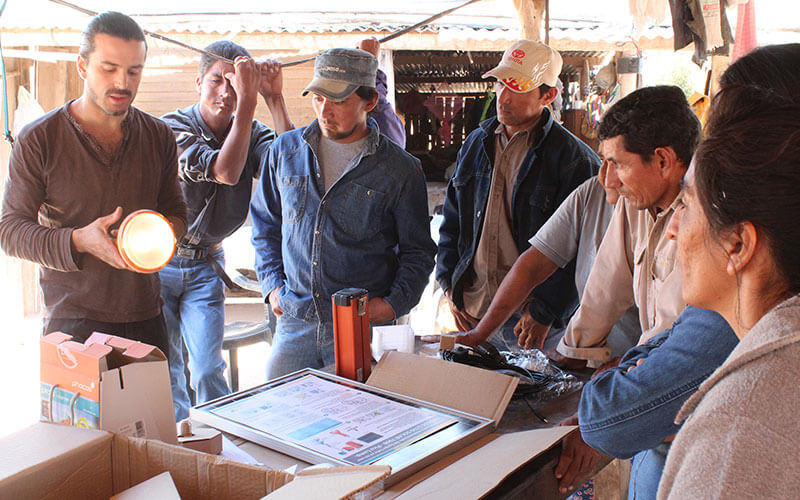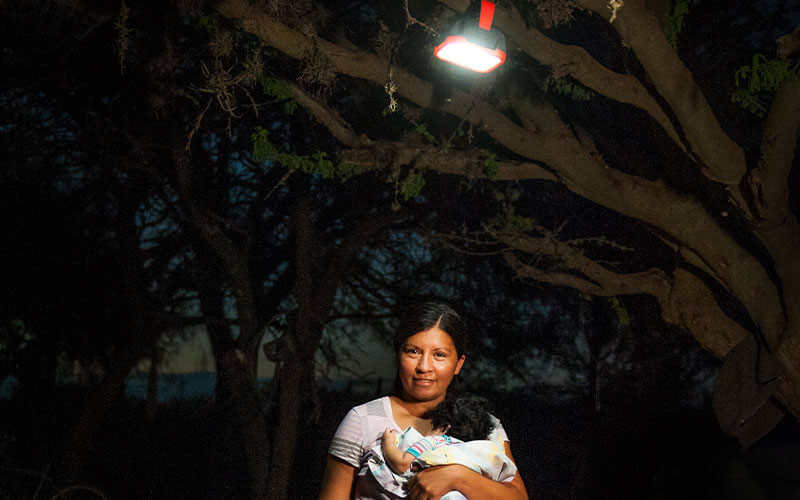About 31 million people do not have access to basic electricity in rural communities in Latin America. This issue especially affects isolated rural communities where the lack of energy services represents a barrier to development. Despite high electricity coverage in the region, almost 400,000 families in Bolivia and 150,000 in Argentina lack access to electricity or clean, healthy and sustainable lighting.
Between 2012 and 2016, Alimentaris developed a series of research that sought to generate and disseminate knowledge about third-generation solar photovoltaic systems (SPV3G) as a solution to energy access in isolated communities. This kind of system is characterized by its low cost, portability, easy installation and operation, and its ability to reduce up to 70% of the cost of conventional systems.
Due to the collaboration between different organizations and local, provincial, and national government agencies in Bolivia, several tests, pilot tests and assessment of these systems have been developed which allowed the generation of significant information to optimize public investment in the field.
As a result, it was developed a seven times more efficient model of investment in new technologies for access to energy that was specifically implemented as a government public policy in Jujuy and it has contributed to the strategic planning of the Renewable Energies in Rural Markets Project (PERMER) dependent on the Ministry of Economy in Argentina which has implemented this system in 8 different provinces in the north of our country.
The development of this project was possible thanks to coordinated work with the Renewable Energy Project in Rural Markets (PERMER), the World Bank, and the Decentralized Infrastructure Project for Rural Transformation in Bolivia, Rural and Energy Solutions.
